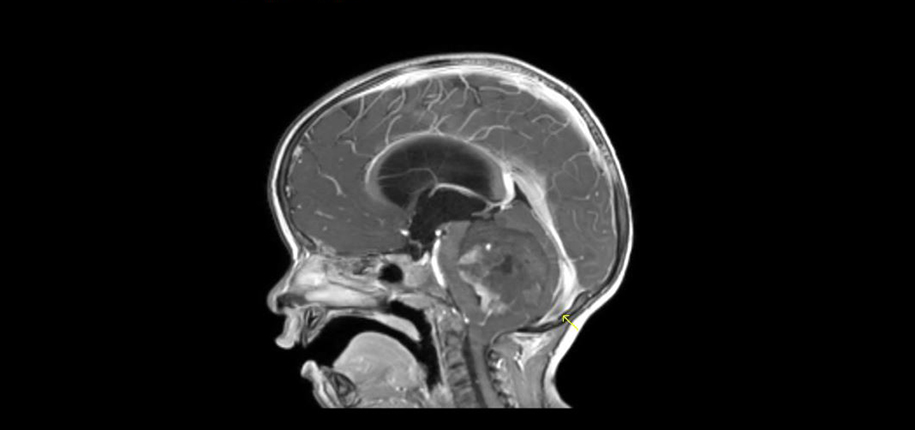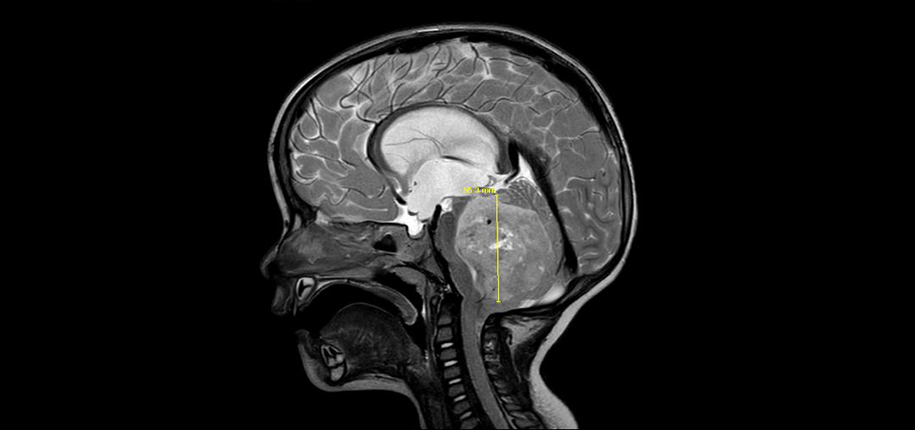
“I have heard that the contrast used in MR imaging can be dangerous. Is this true, and should I request no contrast for my child’s MR imaging exams?”
A good rule to follow for any medical testing is, “Do what is necessary, and no more.” It’s very easy to talk ourselves into getting more tests, with the idea that you might uncover something that may cause problems in the future. But in reality, when you do tests that aren’t indicated, you cause more problems than you solve. The same thing applies to giving contrast for MRI exams.
MR contrast is a medicine that is injected into the veins during the MRI scan to increase the ability to see abnormalities. There are some things that will show up after giving contrast that you cannot see without it. Generally speaking, it is helpful if there is a tumor or infection. So for kids with known tumors or infections, or with symptoms that suggest there may be a tumor or infection, it is wise to give contrast during the MRI study. But for other children, giving contrast may only increase costs, time, and risks.


What are those risks? Whenever you are given any sort of medicine, there is always a risk of an allergic reaction. Such reactions are very, very rare with MR contrast, and when they occur they are usually very mild, but the best way to avoid them is to not give the contrast if it isn’t needed. Recently scientists have discovered that the heavy metal used in MR contrast, gadolinium, can stay in the body long after the contrast is given. In most cases this doesn’t seem to cause any problems at all, but in a very small number of people with severe kidney disease who had multiple contrast injections, the metal seemed to cause a severe reaction in the skin. This reaction has not been reported in any children, and we have never had a case at our hospital. We don’t know of any other part of the body that has had a similar reaction to gadolinium.
The risk of gadolinium causing this sort of problem happens when the metal detaches from the molecule it is stuck to in the contrast. At Cincinnati Children’s, we use a contrast that has been shown to have the lowest possibility of this sort of detachment. We are also very picky about who gets contrast. Even if an MR exam is requested to be done with contrast, we will still only give it if there is a good reason. If there is no good reason, we don’t give the contrast.
So if your child’s doctor wants to get an MRI with contrast, make sure you understand why they want us to use contrast for the study. We will usually ask you that very same question when you arrive for the test, and if you don’t know, we’ll help you find out. That way we can all be sure that we are doing the best test for your child.
Contributed by Dr. Blaise Jones and edited by Tony Dandino, RT(MR).
